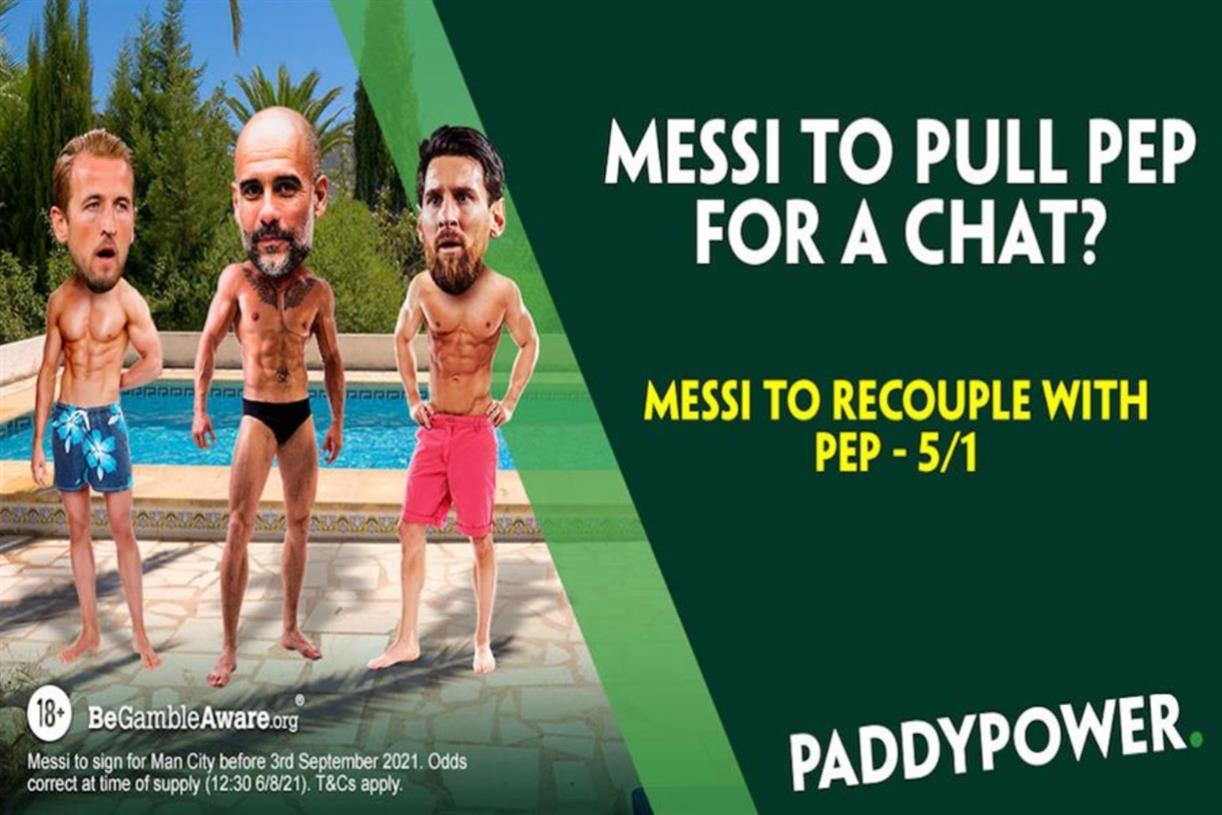Grow Your Agency’s Influence: The Power of Speaking at Marketing Events
The digital hustle is real and we’ve all been there – lost in the sea of amazing digital agencies, all vying for the same attention. But what if there was a way to cut through the noise and establish...

The digital hustle is real and we’ve all been there – lost in the sea of amazing digital agencies, all vying for the same attention. But what if there was a way to cut through the noise and establish your agency as a thought leader? Enter the stage (literally!)
Speaking at marketing events isn’t just about sharing knowledge – it’s also a great way to build relationships, showcase your agency’s chops, and attract high-quality leads. Keep reading to discover your roadmap.
Speaking at Marketing Conferences: Is This The Way to Agency Visibility?
As we mentioned in our previous blog, How to Get More Attendees for Your Marketing Event, gatherings are “podiums” for digital marketers to shine, whether a live keynote or a pre-recorded webinar. In other words, these events, which can be translated to grow your agency, are great for showcasing your expertise, sharing valuable insights, and positioning yourself as the go-to agency in your niche.
Speaking at conferences or trade shows as a team member of a digital marketing agency is actually a win-win situation. It strengthens your brand, amplifies your company’s profile, and creates valuable networking opportunities. So, yes, it is one of the effective ways to gain agency visibility.
Moreover, sharing your expertise at industry events positions you as a thought leader within the digital marketing ecosystem. Colleagues, potential clients, and employers recognize you as someone with valuable knowledge and experience.
What’s more? When you speak at an event, you’re not just promoting yourself, you’re promoting your company as well. It showcases your agency’s expertise and attracts potential clients who are impressed by your insights. At the end of the day, you can capture leads through event registration or by sharing your contact information during your presentation. Better, you can get clients for your marketing agency.
Not quite convinced?
Other Benefits of Speaking at Marketing Events
Lead Generation
Conferences (and trade shows) aren’t just for agency visibility – they’re totally lead magnets for digital marketers. These events are packed with attendees actively seeking solutions in your niche. By speaking at these events, you can position yourself as a thought leader, directly engage with potential clients, and build trust. This combination of targeted audience, pre-qualified leads, and direct engagement makes speaking engagements a lead-generation powerhouse for digital marketers.
Networking Opportunities
Conferences are vibrant ecosystems for digital marketers. These gatherings put you in front of a specific group of prospective customers who are actively looking for solutions in your industry. Speaking engagements help to harness the potential of this marketing environment by establishing rapport and cultivating connections with both participants and other industry professionals.
Client Retention and Acquisition
Marketing conferences are powerful tools for retaining existing clients and acquiring new ones. Studies show that 73% of B2B buyers cite thought leadership as a more trustworthy basis for judging a company’s competencies than traditional marketing materials. So, by demonstrating your knowledge of marketing strategies, you reassure existing clients they’ve made the right choice and strengthen your value proposition in their eyes.
How to Start Speaking at Events? Securing Speaking Opportunities
So, you’re convinced of the lead generation power of speaking at marketing events? It’s time to explore how to secure those coveted speaking opportunities.
Regarding the issue, in the first place, let’s give ear to speakers. Dom De Leon, one of the conference speakers who share their experiences on various platforms, reminds his followers how important taking social media is:
Whether in a Facebook post, Instagram photo, medium article, or Vlog, share some learnings and give value to other people. This is something I wish to do more. Writing and publishing about a certain topic is a passive way to associate your interest with certain expertise.
He also added that mentors can lead you the way:
Most industry speakers have day jobs or want to spend more time with family. Thus, they can’t accommodate all speaking engagements, especially on weekends. It might be good to ask for a referral, and they’ll forward your contact if they trust that you can speak on a certain topic. Plus points if you have a website with your profile, photo to use for poster, and topics you’ve covered before.
Another figure, Kate Matsudaira states in her personal blog that “you don’t have to be famous to get a talk accepted, and you don’t have to be a senior executive at a huge company either — you just have to have a pitch that gets people excited.”
She continues as follows:
Relationships make everything possible. If you want to talk accepted, your odds of getting in go way up if you’ve connected with the event chairs before you submit your application. This can be anything from having a mutual acquaintance make an intro to just interacting with them on Twitter.
So, we can say that reaching out to well-known names/brands, sharing experiences on social media platforms, being a volunteer, and being determined to speak about your expertise are good steps to secure speaking opportunities. But, there must be more.
Here are some other ways:
Identify Relevant Events
Of course, you need to find relevant events to your expertise; so, it’s a good call to research marketing conferences, webinars, and workshops. You can also focus on events with your target audience in attendance.
However, the best way to identify relevant gatherings is to follow digital events on DAN. No matter what your location is, you can search all marketing conferences in Europe, America, or Canada.
Examine Who Makes the Decisions
Most events have a “Call for Speakers” page listing contact details. If not, research the event organizer and identify the person responsible for speaker selection.
Develop a Compelling Talk Proposal
After finding a perfect event for you, then you need to create an attractive talk proposal. For that, define a valuable topic, create a captivating title & concise description, and do not hesitate to highlight your expertise on it.
Bonus: Pro Tips for Successful Speaking Engagements
Pre-Speaking
#1 Master your subject: Practice your presentation a lot to guarantee a confident, smooth delivery and effective communication. Create a collaborative mindset when crafting your presentation topic and delivery.
#2 Know your audience: Consider the guests’ level of knowledge/experience when developing your presentation’s format and content.
#3 Include storytelling: While facts are important, stories have a greater effect! Add details from case studies and real-world examples to your presentation to make it memorable.
#4 Appeal to the eyes: Give up the excessive amount of text. Instead of that, use visually appealing content such as charts, infographics, and high-quality photos.
During Speaking
#1 Command the Room: Make eye contact and project your voice to engage and capture the audience’s attention.
#2 Embrace the Stage: Learn how to control your stage fear by using methods like deep breathing and visualization.
#3 Take a Stand: To maintain a polished presentation style, speak clearly and steer clear of filler words like “um” and “uh”.
#4 Make it Interactive: Use interactive features to keep your audience interested and involved, such as surveys or real-time Q&A sessions.
After the Event
#1 Share the Outcomes: Make your presentation and any additional resources available online for attendees to access (download) after the event.
#2 Utilize Social Media: Promote your presentation on social media using relevant event hashtags and encourage discussion.
#3 Build Networks: Don’t just talk – connect! Network with attendees after your speaking, answer their questions and build relationships.
#4 Follow-up: Send follow-up emails or messages to attendees thanking them for their time and offering additional resources.

 Fransebas
Fransebas 
































